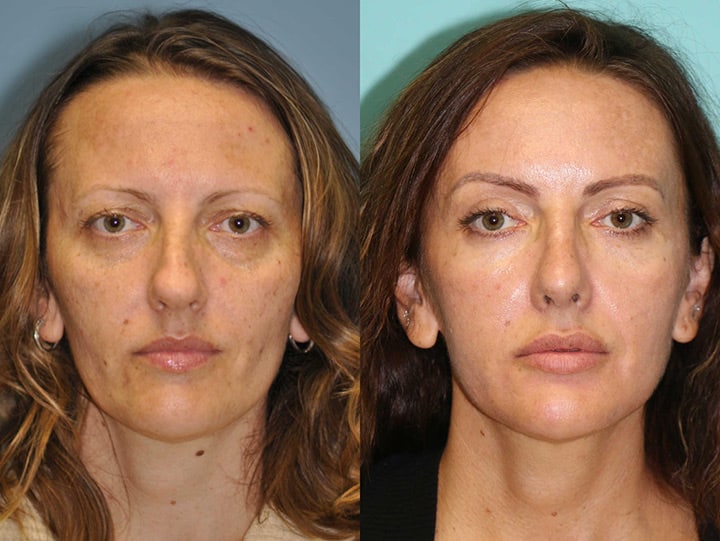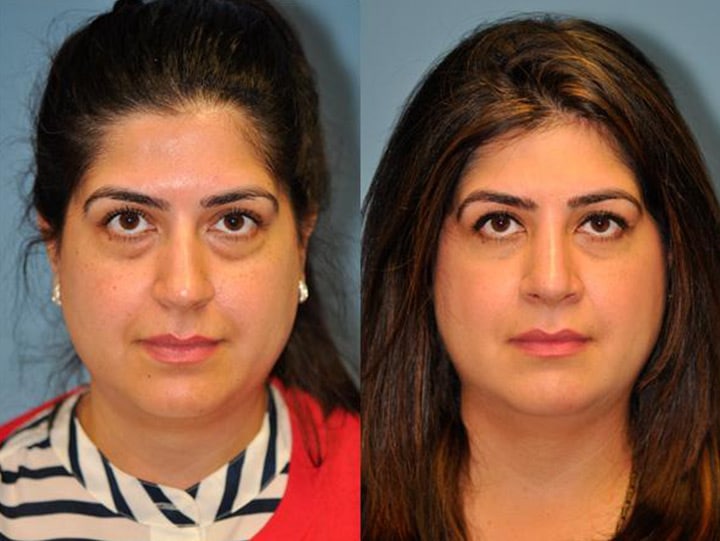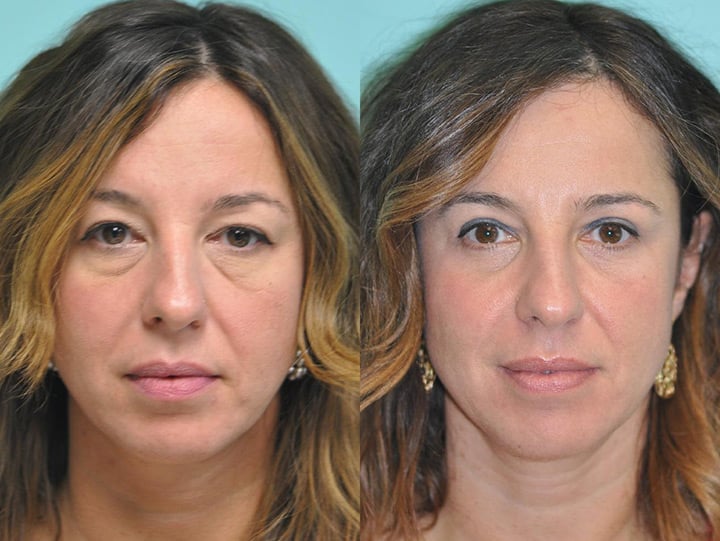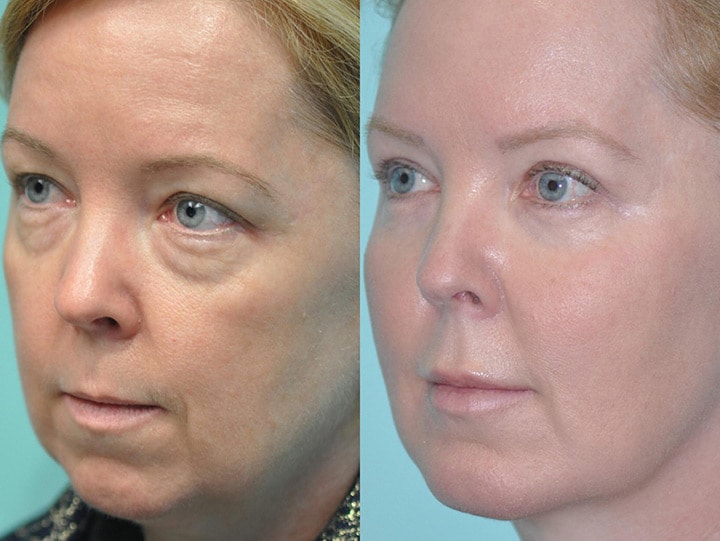Eyelid Surgery Maryland, Virginia, and Washington D.C.
Revitalize your eyes with confidence! Experience the transformative effects of blepharoplasty at The Naderi Center. In Virginia, our specialists provide precise, surgical treatments to lift and rejuvenate your eyelids. From consultation to recovery, enjoy exceptional care and achieve a more youthful, refreshed appearance. Reveal your best self with our expert blepharoplasty procedures.
Embark on a journey of aesthetic excellence with The Naderi Center. Experience unparalleled artistry and precision for transformative beauty.
Enhance Appearance with Blepharoplasty Benefits
Elevate your natural beauty with Blepharoplasty at The Naderi Center. This procedure revitalizes your eyes, enhancing your overall facial aesthetic. Say goodbye to sagging eyelids and under-eye bags, and embrace a youthful, vibrant appearance effortlessly.
Youthful Look
Shed years off your face as Blepharoplasty smooths wrinkles and eliminates saggy skin around the eyes.
Clearer Vision
Lift drooping eyelids and enjoy an unobstructed, clear field of vision effortlessly.
Swift Recovery
Minimal downtime and quick healing allow you to resume normal activities, flaunting your new, youthful look.
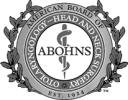
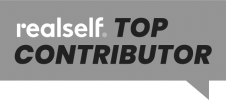
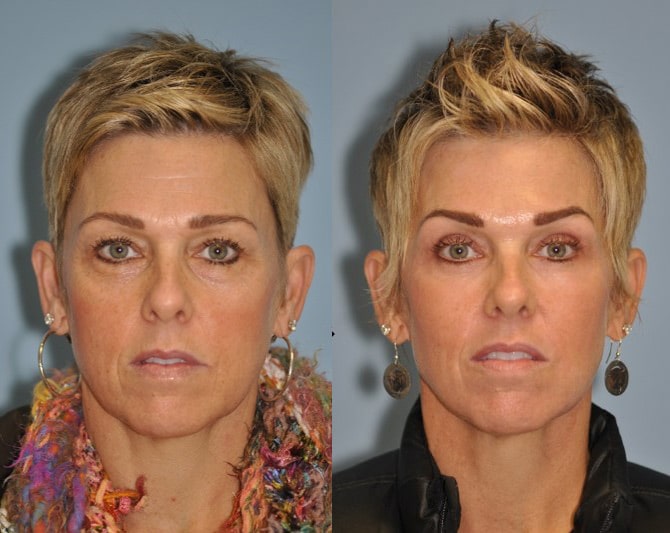
Blepharoplasty Expected Results
The eyelid lift, technically known as blepharoplasty, is a facial plastic surgery procedure designed to correct puffy, sagging, or tired-looking eyes. The outpatient procedure restores a more youthful and refreshed facial appearance to the eye area by removing excess skin, fat, and muscle. The eyelid lift may be performed on the upper or lower eyelids or on both eyelids, and it may be combined with laser skin resurfacing to enhance the results.
- Rejuvenation of the upper and lower eye region of the face
- Improved appearance of “tired” looking eyes, lower lid bags, and drooping upper eyelids
- In some cases a medically necessary procedure done to improve peripheral vision
Blepharoplasty Summary

Mild
General Anesthesia
2 to 3 weeks
Upper Blepharoplasty
The upper blepharoplasty surgery, also known as upper eyelid surgery, allows patients to look rejuvenated without having their face change drastically. Eyelid skin is normal, but as we age, the excess skin begins to sag and weigh down, making one appear older and tired. In the case of women, the loose excess skin makes applying eyeshadow difficult and easy to smudge. Difficulty with applying make-up is one of the top reasons why younger women in their 30s seek upper blepharoplasty surgery. When the upper eyelid gets heavy, patients often unconsciously elevate their brows to open up their eyes, leading to the formation of horizontal forehead wrinkles. Furthermore, until the excess skin of the upper eyelid is removed, our doctors cannot fully treat these forehead wrinkles with Botox. Relaxing the forehead muscles with Botox, in a patient that truly needs an upper blepharoplasty, will prevent the ability to raise the brows and will make the upper eyelids feel “droopy” and even heavier. Prior to treating forehead lines, loose upper eyelid skin must be addressed first.
Lower Blepharoplasty
One of the most common reasons for lower blepharoplasty is to diminish the appearance of “under eye bags”. Patients feel as if they constantly look tired, have noticeable under eye wrinkles, or sagging under eye skin. The under eye skin is the thinnest skin on the face, therefore the skin in this area is one of the first places to start to become loose with aging. Often times patients have this area injected with hyaluronic acid fillers or fat to allow for smoothening of the skin. This type of under eye filler injection is referred to as “tear trough” injections. In some instances, filler injections are just not enough to get rid of the hollowness, dark circles, and loose skin. This is when the expertise of a board-certified facial plastic surgeon is vital to determining whether a patient is a candidate for surgery.
Ideal Candidate for Blepharoplasty
Good Candidates for Upper Blepharoplasty
- Have loose or sagging skin on the eyelid that affects the natural contour of the upper eyelid
- Experience loss of the natural contour/shape of the upper eyelid
- Have excess skin that can impair vision
- Are in good health
- Do not have any medical conditions that may delay and impair wound healing
- Have a positive outlook and realistic goals for what upper blepharoplasty can accomplish
- Are non-smokers
Good Candidates for Lower Blepharoplasty
- Have puffiness due to fatty deposits underneath the eyes
- Have bags under the eyes
- Have excess skin or fine wrinkles of the lower eyelid
- Have dark circles
- Are in good health
- Do not have any medical conditions that may delay and impair wound healing
- Have a positive outlook and realistic cosmetic goals for what lower blepharoplasty can accomplish
- Are non-smokers
Types of Blepharoplasty
Functional Blepharoplasty
A functional blepharoplasty is when the sagging, excess eyelid skin impairs one’s field of vision. Patient’s may experience difficultly with peripheral vision.
Cosmetic Blepharoplasty
Cosmetic blepharoplasty can be performed on the upper and lower eyelids. Cosmetic surgery is primarily performed to give patients a refreshed and more youthful appearance.
Testimonial
“I’ve been coming to see Dr. Naderi for several years now and have never been disapointed with my results. Dr. Naderi takes the time to review and discuss what my expectations are, which I find both helpful and reasuring. He has such a soft touch and a great eye to what looks good and natural. I can’t imagine going anywhere esle! ”
Real patient
Cost of Blepharoplasty in Maryland & Reston
There are a variety of factors that determine the overall cost of your Blepharoplasty.
- Surgeons Fee
- Anesthesia Fee: depends on length of procedure
- Hospital and Surgical Facility Fees: depends on length of procedure
- Pre-Surgical Medical Clearance and Lab Tests: usually covered by medical insurance
- Ophthalmology Clearance: may be required and is usually covered by medical insurance
- Medication Costs: usually covered by medical insurance
- Follow-Up Visits: included with surgeon’s fee at The Naderi Center
Blepharoplasty Surgical Technique
The upper and lower blepharoplasty can be performed separately or at the same time. Our surgeon can perform the upper blepharoplasty procedure in-office under local anesthesia and oral sedation. If the upper and lower blepharoplasties are to be performed together they are done under general anesthesia.
Upper Blepharoplasty Surgical Technique
Our facial plastic surgeon begins the upper blepharoplasty procedure by making precise measurements to achieve symmetrical eyelid creases. Our surgeon then proceeds to remove the excess, sagging eyelid skin. The surgical incision is just beneath the lashes, this way the scar is unnoticeable after they have healed. Once the skin is removed, the incision is closed with sutures. The sutures will be removed one week after the facial surgery. The natural eyelid shape is kept, so results will not look hollowed or “surprised”. Every patient is different, and our surgeon will determine how much fat, skin and tissue needs to be removed to achieve a natural result.
Lower Blepharoplasty Surgical Technique
During the lower blepharoplasty procedure, our surgeon removes the fat pads, and excess or loose skin from under the eyes. Our surgeon’s approach to a lower blepharoplasty is also known as a transconjunctival lower blepharoplasty. With transconjunctival lower blepharoplasty the incisions are placed inside the eyelid margin, creating nicely hidden scars. The transconjunctival lower blepharoplasty gives you natural results and preserves the structure and function of the muscles in the lower eyelid.
Asian Blepharoplasty
The Asian blepharoplasty is slightly different because the “single eyelid is changed to a “double eyelid”. This means that eyelids without a crease, will now have a crease. The Asian blepharoplasty is not intended to alter the patient’s appearance, but it will create a subtle, lifted difference. The procedure is performed very similar to the upper blepharoplasty surgery. The only difference is, a small strip of the orbicularis muscle is sculpted to help form the new eyelid crease. The incisions are closed with sutures and the patient is left without a “heavy”, but natural looking eyelid.
Preparation for Blepharoplasty
At The Naderi Center we believe the success of any cosmetic procedure can be improved with proper patient preparation. We go above and beyond to make sure that our patients are medically, emotionally, and physically ready for surgery.
Please review our detailed instructions for blepharoplasty surgery preparation with the link below:
The Recovery Process After an Eyelid Surgery Procedure
Immediately after the blepharoplasty procedure, a topical ointment will be applied to the eyes to keep the incision sites moist. Sometimes this topical ointment makes one’s vision blurry and this is normal. The first day after surgery we advise applying cool compresses made of gauze that is dipped in ice water. Do not apply direct ice on the eyes. These cool compresses can be applied in intervals of ten minutes on and ten minutes off. The cool compresses help reduce swelling and keep the bruising to a minimum.
Our surgeon will prescribe pain medication to take if needed. You should expect mild discomfort immediately after the surgery, and a couple of days following the procedure. Swelling, bruising and bloodshot eyes are very normal. Swelling the first few days after surgery will be the worst, especially after you wake up from lying flat.
Some common side effects experienced after blepharoplasty surgery include:
Swelling and Discoloration
It is completely normal for your eyes to appear swollen as well as have purple-bluish bruising around the eye and eyelid. The bruising will be greater on the second and third day after your surgery. This is temporary and over the course of the next six weeks this will improve. Cool compresses will minimize swelling and bruising.
Mild Bleeding
Some mild bleeding is not unusual at the incision sites the first few days after surgery. If you try to do strenuous activity, increase your blood pressure by straining on the toilet, sneezing, heavy lifting, or bending forward, you will aggravate the bleeding and swelling.
Numbness Around the Eyes
Parts of the eyelids may feel “numb” or lumpy after the eyelid operation. This is temporary and to be expected and may take months to feel normal again.
Pain and Itching
It is normal to experience tightness, pressure, shooting pain, itchiness, soreness, and fatigue for several days to weeks following surgery as you recover.
Blurry Vision
Patients often experience some blurring of vision for 2-3 days after surgery. This is normal.
Risks, Safety And Potential Complications After A Blepharoplasty
With any procedure, complications can occur. Our surgeon will always go over any potential complications you may have. Although they are rare, they need to be discussed. These potential complications are also why patients should select a surgeon extremely well-versed and experienced in blepharoplasty surgery.
- Vision loss from retrobulbar hemorrhage
- Infection
- Double vision from problems with eye alignment
- Noticeable surgical scarring
- Malpositioned eyelids
- Overcorrection (removing too much skin)
- Numbness of the eyelids
Blepharoplasty Specialists, Dr. Shervin Naderi & Dr. Jessica Kulak
Dr. Jessica Kulak and Dr. Shervin Naderi are double board-certified facial plastic surgeons at The Naderi Center who specialize exclusively in cosmetic procedures of the face and neck. Their advanced training and precise surgical techniques allow patients to achieve natural, rejuvenated eyelid contours without an over-operated look. Upper blepharoplasty can be performed comfortably in the office under local anesthesia or in a hospital setting under general anesthesia. Lower blepharoplasty, however, is performed only in a hospital setting under general anesthesia. When upper and lower eyelid surgery are combined, the full procedure typically takes about two hours to complete.
Anesthesia options include MAC (monitored anesthesia care), general anesthesia, and local anesthesia. Dr. Kulak and Dr. Naderi are known for their meticulous measurements, ensuring balanced, symmetric eyelid creases and results that avoid a “surprised” or hollowed appearance. Incisions are placed within the natural eyelid folds, helping preserve each patient’s natural eyelid shape while keeping scars discreetly hidden.
To determine whether blepharoplasty is right for you, contact The Naderi Center to schedule a consultation. Our Reston, Virginia office can be reached at 703-481-0002, and our Chevy Chase, Maryland location at 301-222-2020. Consultations with Dr. Naderi or Dr. Kulak may be scheduled in person or online. The Naderi Center is conveniently located for patients throughout Virginia, Maryland, and the Washington D.C. area, and many patients from across the U.S. seek out our surgeons for their ultra-specialized expertise in facial cosmetic surgery. Out-of-area patients may also request a virtual consultation for added convenience.
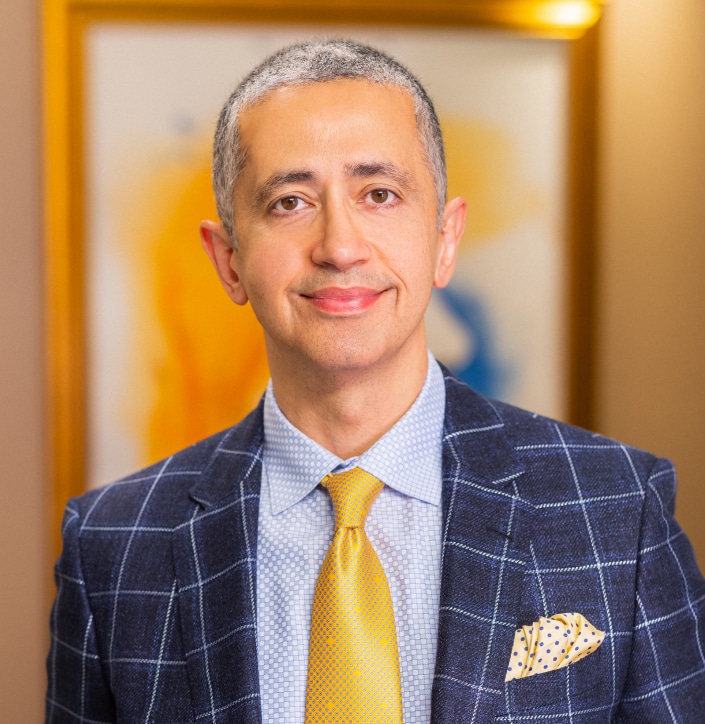
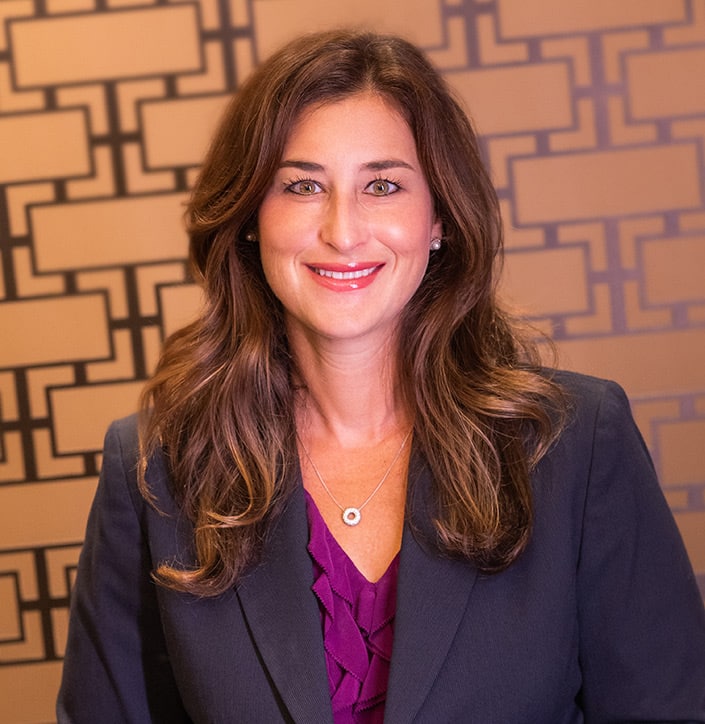
Blepharoplasty FAQs
Why does the eyelid skin begin to sag?
During the natural aging process, our body loses collagen in our face, causing a loss in skin elasticity. Loss of skin elasticity combined with gravity causes the skin to drop down and sag. When it comes to eyelid tissue, the edges of the upper eyelid margin begin to fall first. The tendon of the eyelid muscle responsible for elevating the upper eyelid stretches, hence making it difficult for the upper eyelid muscle to lift the upper eyelid. Throughout aging, elasticity and weakened muscles create a droopy upper eyelid appearance. Additionally, excessive manipulation of the upper eyelid (i.e. excessive eye rubbing, eyelid retraction, etc.) can stretch the upper eyelid skin and lead to droopy upper eyelids. Cataract surgery (or other eye surgery) is also a common cause of droopy eyelids, because manipulation of the eyelid during the surgery can weaken the muscle holding the eye open. In some cases, droopy eyelids can be present since birth, this is called congenital ptosis.
What are some other procedures that can be combined with blepharoplasty?
Laser resurfacing around the eyes, or even the entire face, is often times performed to enhance the surgical results. Laser resurfacing will help reduce fine lines and wrinkles, acne scars, lighten brown spots, tighten the skin’s elasticity, stimulate collagen, smoothen the skin texture, brighten your complexion, and give the face an overall more rested appearance. Other popular facial procedures to combine with the blepharoplasty procedure include a facelift, browlift, rhinoplasty, chin implant or neck liposuction, as well as body procedures.
Can patients with dry eyes proceed with a blepharoplasty procedure?
Patients with a history of dry eye syndrome can proceed with a blepharoplasty procedure, however, the surgeon must be extremely cautious to remove precisely the proper amount of eyelid tissue. If excessive eyelid tissue is removed, the problem of dry eye will be aggravated as potentially more of the eye surface is exposed to air when the patient attempts to close their eyes.
Will the results of the blepharoplasty surgery be permanent?
The lower blepharoplasty rarely needs to be repeated. As time goes on, your eyes will continue to age after the procedure. The upper eyelid surgery can last with nice results for 10+ years. Once the fat is removed, it will always be removed. Patients rarely have another surgery.
Will the upper and lower blepharoplasty procedure get rid of deep wrinkles around my eyes?
The upper blepharoplasty will not remove deep wrinkles around the eyes. The lower blepharoplasty, with a skin pinch technique, can remove creping or deep wrinkles under the eye.
Does the eyelid lift leave scars?
The incisions made for the eyelid lift do result in scars though they tend to be well-concealed, if not invisible, within the crease of the upper lids, just beneath the lash line of the lower lids, in the crow’s feet area, or inside of the lower lid.
Can I wear eyeglasses after my blepharoplasty surgery?
Eyeglasses may be worn after blepharoplasty surgery.
Can I wear contacts after blepharoplasty surgery?
We advise patients to wait one week post-blepharoplasty surgery before applying their contact lenses.
Does insurance cover blepharoplasty?
If the severity of eyelid droopiness or ptosis affects a patient’s peripheral vision, most insurance providers will approve upper blepharoplasty as a medically necessary functional procedure. An ophthalmology exam is usually needed in cases of functional blepharoplasty. Our surgeons only perform cosmetic blepharoplasty.
Who performs eyelid surgery (blepharoplasty) at The Naderi Center?
Blepharoplasty is performed by Dr. Shervin Naderi and Dr. Jessica Kulak, double board-certified facial plastic surgeons who specialize solely in face and neck procedures. They offer upper eyelid surgery in-office under local anesthesia or in a hospital setting, while lower eyelid surgery is performed exclusively in a hospital under general anesthesia.
What Makes Their Blepharoplasty Technique Unique?
Dr. Naderi and Dr. Kulak are known for their precision and natural-looking results. They carefully place all incisions within natural eyelid creases to conceal scarring and avoid the “surprised” or “hollowed” look by preserving the natural eyelid shape and fullness.
How much is the blepharoplasty surgery? (Not including hospital and anesthesia fees)
Upper & lower blepharoplasty- $6,000
Lower blepharoplasty- $3,500
Upper blepharoplasty (in office)- $3,750
Where can I schedule a blepharoplasty consultation near me?
If you live in the states of Virginia or Maryland, The Naderi Center for Plastic Surgery and Dermatology offers blepharoplasty among its services. For a full list of services, please visit our Locations page.
